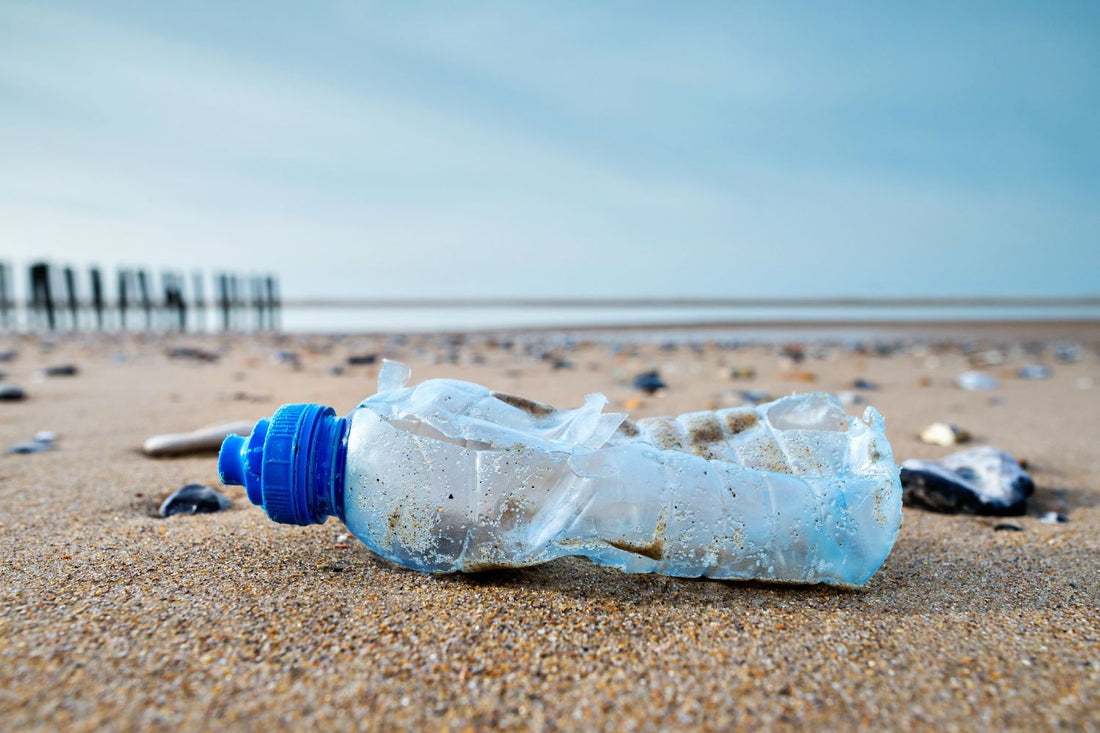
Opinion: Five 2020 goals for Australia to work towards

Does being the lucky country mean we’re getting complacent? Forget New Year resolutions, in this opinion piece we hear five goals that we should be thinking of adding to the agenda.
1. Ocean pollution

A recent survey by Ocean Protect found that the number one concern of all Australians with regards to population growth is marine and waterway health – ahead of housing density, reduced water supply and increased traffic. Not only are most Aussies not satisfied with the health and cleanliness of their waterways, but 69 per cent said that politicians aren’t doing enough to protect the oceans and rivers. The South Australian government is leading the way, having announced a ban on single-use plastics, but there are a bunch of other pollutants to consider.
Every time it rains, tyre dust, cigarette butts, harmful chemicals and other sediments are swept into stormwater drains and end up in the ocean. Stormwater pollution is one of the biggest threats to our environment. If councils enforce legislation to ensure proper maintenance of stormwater infrastructure, it will save around 500 standard wheelie bins of pollution reaching the ocean per day across Australia.
2. Indigenous recognition

It's no secret we have a rough history when it comes to Australia’s treatment of our First Nations people. Despite strides towards a more equal future for Indigenous Australians in recent years, we still have a long way to go. There’s a huge discrepancy between Indigenous and non-Indigenous Australians across health, life expectancy, prison population, education and housing. Another key issue is recognition - something Aboriginal Australians have been campaigning towards for generations. The US, Canada and New Zealand have all moved to recognise Aboriginal people in their respective constitutions. Most recently, Adam Goodes was the face of Reconciliation Australia’s ‘Recognise’ campaign to change the constitution. Currently, there is no mention in the Australian constitution to recognise that anyone was here before 1788.
3. Building practices

As one of the most developed countries in the world, you’d expect we have reliable building practices in Australia, but the recent Opal Tower debacle has really shone a light on the issue of building quality. In NSW engineers still don’t have mandatory registration, and it was only this year that the Victorian Government introduced mandatory registration for all engineers who work on major projects. This came four years after the high-rise Lacrosse Tower in Melbourne was destroyed in a fire - the $24 million tribunal battle is ongoing. There are systemic flaws in the way the engineering profession is regulated, and given the role engineers play in our society, it’s integral that this is fixed. After all, these are the people we trust to provide the infrastructure that will keep us all safe.
4. Education

The latest international rankings from the Trends in International Mathematics and Science Study (TIMSS) showed Australia’s ranking has dropped dramatically in recent years, falling behind countries including Kazakhstan. In fact, in the 2011 rankings Kazakhstan - which has a per capita GDP one-fifth of Australia's - was well below Australia, but it has now jumped ahead. Australia didn’t even make it in the top ten for any of the subjects. Another report late last year from UNICEF ranked Australia the second most unequal education system in the developed world. The report assessed 41 high and middle-income economies and put Australia ahead of only Romania and Turkey in rates of basic learning skills for children. Experts claim many of the issues with Australia’s school system come down to unfair school funding - which often means the schools that need money don’t receive it - and a demand for more teachers (and better pay!).
5. Electric cars

There was huge anticipation for the arrival of electric cars a few years ago, but the uptake has been slow in Australia, especially compared to the rest of the developed world. In Norway, 58 per cent of new car sales are for electric vehicles, and they are on track to only have electric cars by 2025. In contrast, 1.15 million cars were sold in Australia last year, and only 1,350 were electric. There are a few reasons for the lag in Australia, including the fact we only have a small selection of electric cars on offer, and the ones we do have aren’t very affordable. Another issue is the lack of infrastructure to support electric vehicles in cities. There are very few charging stations and other facilities for drivers who own electric cars. This fact alone shows that there is a lack of commitment from governments to support electric cars. Other countries have developed policies to support the transition to electric vehicles, and if we want to keep up, we need the policies and investment from the government to make it happen.

